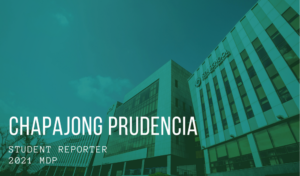
What’s on Your Mind? Interviews with New KDIS Students
- Date 2021-11-17 06:08
- CategoryStory
- Hit1381
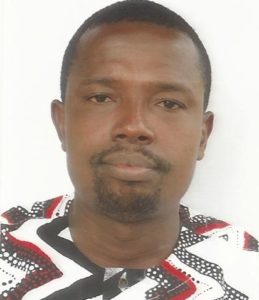 “If you want to become great, you learn from the greats.” An adage used by ADOTEY ADDO, Emmanuel (2021 MDP) from Ghana in the Agriculture Economy domain, to emphasize his choice of KDI School of Public Policy and Management (KDIS) over other professional schools. “KDIS is a dream come true as, it is affiliated to the top-notch think-thank in Asia and recruits the best brains in the industry to provide us with the best education,” he added.
“If you want to become great, you learn from the greats.” An adage used by ADOTEY ADDO, Emmanuel (2021 MDP) from Ghana in the Agriculture Economy domain, to emphasize his choice of KDI School of Public Policy and Management (KDIS) over other professional schools. “KDIS is a dream come true as, it is affiliated to the top-notch think-thank in Asia and recruits the best brains in the industry to provide us with the best education,” he added.
It is normal to receive varying responses from KDIS fellows if asked questions like; why did you choose KDIS? Or, what are your expectations?
In August 2021, KDIS welcomed Fall freshmen from a panoply of professional and academic backgrounds. THANT, Kaung Yi Ywal (2021 MPP) from Myanmar affirmed she opted for KDIS because it “…trains global leaders and researchers each year. My first impression was diversity. Students come together to exchange and research on better policies.” Kaung’s expectations are high. In her career pursuits, working with NGOs has exposed her to realities which she believes is vital her country considers integrating in policy formulation, but the question is how?
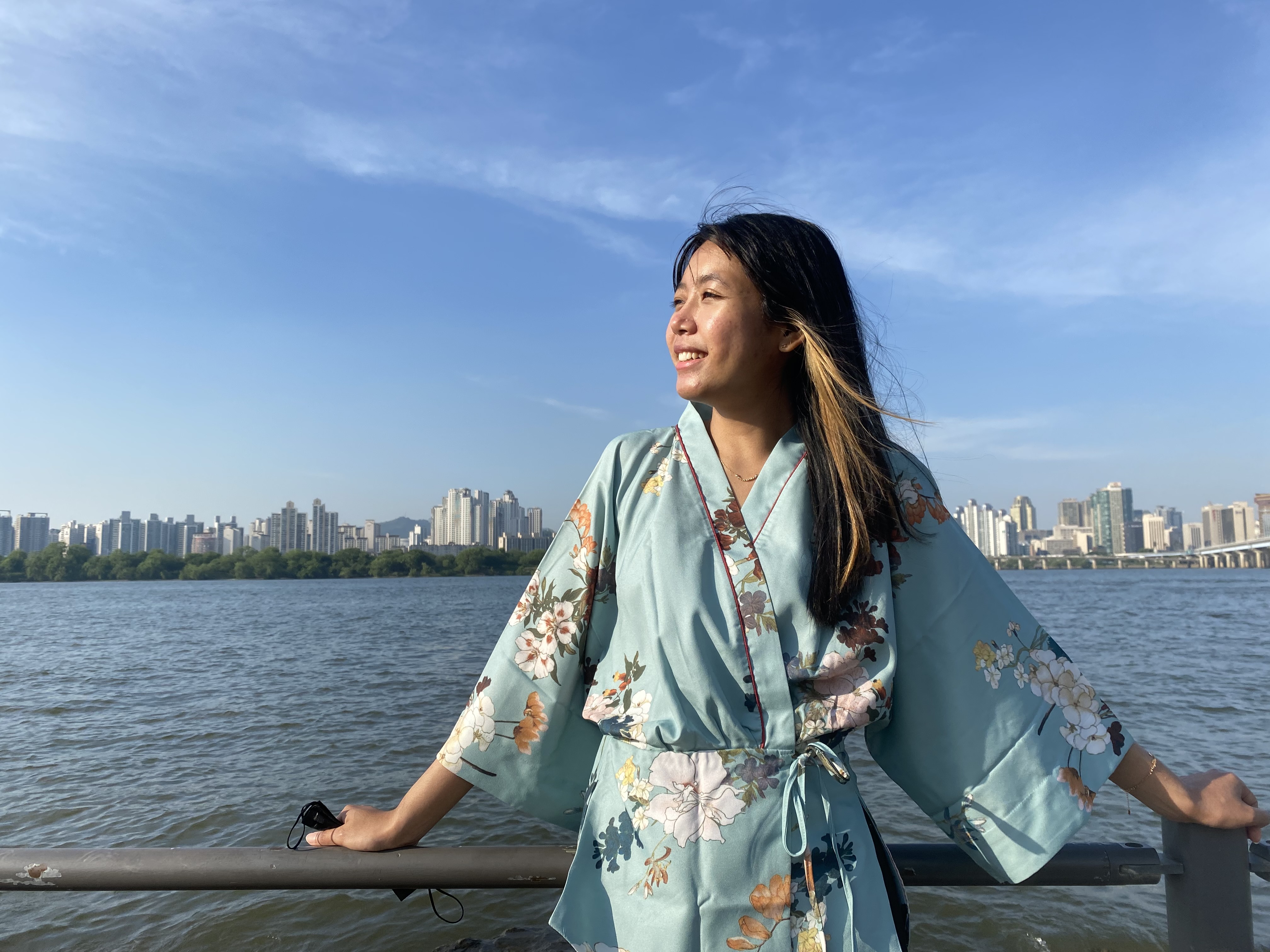
She hopes “… to learn more about South Korea’s development in every sector. I dream of my country to become like South Korea one day, of course it takes a long time and I want to be useful human capital in my state’s building process.”
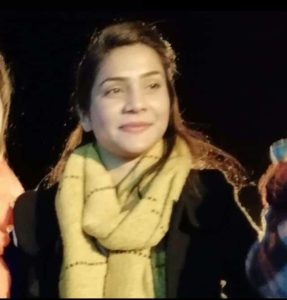
Data Science courses and research laboratories in KDIS constitute a competitive advantage in social science studies. Research Officer SADDIQ, Sidra (2021 MPP) from Pakistan looks forward to being “…equipped with knowledge in modern quantitative research techniques.”
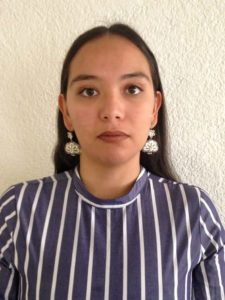 Conversely, as a landscape architect, GARCIA SANCHEZ, Dulce Yurini (2021 MDP) from Mexico aspires “…to gain knowledge to face various scenarios of regional and urban development from Korean experience in environment and waste management likewise climate change mitigation.”
Conversely, as a landscape architect, GARCIA SANCHEZ, Dulce Yurini (2021 MDP) from Mexico aspires “…to gain knowledge to face various scenarios of regional and urban development from Korean experience in environment and waste management likewise climate change mitigation.”
KDIS’ highly qualified faculty employs problem-based learning which Emmanuel describes as “flexibility in the methods of delivery” to ingrain in students a transformative and critical thinking mindset including, acquiring adequate skills to address policy issues in their various countries or communities. Kaung affirms “the teaching approach in KDIS is definitely great as professors make space for discussions and debates” while Sidra terms it “creative learning.”
Though classes are held online in compliance with government regulations to curb the spread of Covid 19, so far, the students find no inconvenience. In their opinion, the school’s pluralistic setting contributes to cultivate and mature a sense of cultural intelligence and networking; “…it allows to change how we perceive life, nature, society, religion, gender, politics,” Yurini said. She, however, added that the distancing policy is a handicap as it restrains physical interactions. The students agreed the academic orientation session was helpful for their course selection, but there is regret it lasted a few hours.
After roughly two months in KDIS, Kuang appreciates the facilities provided, “I have lived in dormitories in Korea before now which are so different from those in KDI School. KDIS dormitory is the best dorm I have ever lived in. There are kitchens with full facilities, gyms, laundry rooms and a well-organized waste management system.” Similarly, Emmanuel commends the library’s organization which he says is “…akin to perfection and resources are accessible.”
The Dean, in his welcome speech, said “KDIS provides an essential foundation for the world’s next global transformative leaders who are armed with their determination to make a positive impact on the world.”
Students have a future responsibility to implement the knowledge they acquire and failing to initiate a positive change could be likened to the “seed that refused to germinate.”
